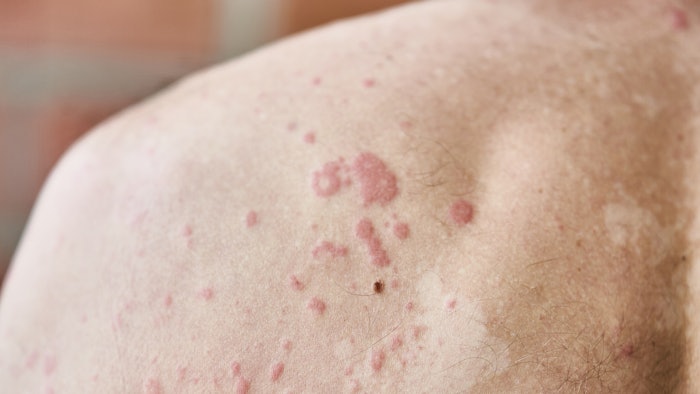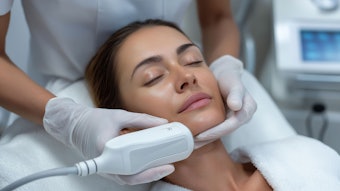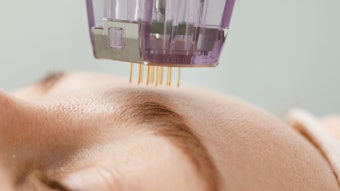
Findings presented at the European Academy of Dermatology and Venereology’s (EADV’s) 2021 Spring Symposium suggest that an imbalance in gut bacteria could play a significant role in the progression of the inflammatory skin disease hidradenitis suppurativa (HS).
According to a report from EurekAlert, Researchers at Hacettepe University collected fecal samples from 15 patients with HS and 15 age- and sex-matched healthy individuals and analyzed regions of the bacterial 16S rRNA gene to investigate differences in their gut microbiota. Researchers found that the relative abundance of three genera of bacteria, unclassified Clostridiales, unclassified Firmicutes and Fusicatenibacter, in HS patients were significantly lower than that in healthy controls (p = 0.005, p = 0.029 and p = 0.046, respectively).
Related: Topical Actives that are Booming in Skin Care
Reduced amounts of these bacteria are known to disrupt the regulatory balance within the gut and stimulate an inflammatory response. Indeed, according to the source, studies have increasingly demonstrated that the gut microbiome and skin are intrinsically connected, offering defense against pathogens in the environment. This gut-skin axis has been linked to many inflammatory and autoimmune skin disorders, such as acne and psoriasis. This connection inspired the researchers to characterize the composition of HS patients’ intestinal microbiome, hypothesizing that imbalance may play a role in the high inflammatory burden of this condition.
Neslihan Demirel Ogut, M.D., Uşak University Training and Research Hospital, explained, “Our research provides evidence the gut-skin axis is implicated in the progression of this chronic inflammatory skin disorder. While further evidence is required, our research suggests that dietary alteration and personalized probiotic supplementation might also be beneficial for HS patients, particularly since treatment options are limited for these individuals."











